corpses walk among us. they might look like you and i but in truth, they are contaminated by a disease that has turned them into empty shells, mannequins masquerading as people. richard hofstadter had a word for this sickness- anti-intellectualism- but i call it the death of our nafsaad. of our person-hoods.
my mother says that i came out of the womb reading. every significant moment in my life is irrevocably linked to some form of art. my teenage years, filled with self-questioning and resistance meant a bedside table covered with paperbacks carrying malorie blackman, jacqueline wilson and rick rick riordan’s names. in college- the place i became an actual person instead of a collation of cliches and question marks- it was james baldwin, toni morrison, minna salami, khaled hosseini and august wilson who kept me company.
there are films i know more intimately than i have some of my lovers. if you dig into the center of me, i am convinced that it will not be muscle and flesh that you’ll find but instead, the second half of baldwin’s another country. if i slit my wrists, know that the gabaay- the poetry - of my people might come streaming down my arms.
i come from a home that encouraged learning and valued thinking; my grandmother used to tell me to go sit under the tree in our garden and commune with myself whenever she thought i’d strayed and watched too much TV. my mother would ask me to teach her what i’d learned in school that day. i’d natter on about mercutio being coded as a queer man in romeo and juliet or why carrots being good for our eyesight was myth, a piece of british propaganda meant to encourage brits to eat the vegetable at a time of scarcity during the second world war. she cooked us dinner, rice and grilled chicken accompanied in our household by impromptu spelling bees.
it makes me dizzy then to consider this current climate where the words art and reading are treated like they are laced with vermin. according to experts, we are seeing an unprecedented decline in global literacy rates- and to those researchers i say:
we can tell.
we have:
book influencers complaining that the books they’re being sent have too many words and paragraphs that are too ‘long’, university students who are meant to be the next generation of doctors and lawyers bragging about being reliant on AI to complete assignments that are a few hundred words, writers confidently telling us that they do not read at all, american states banning certain literature from being taught in schools, the taliban barring women from studying at universities, incels bullying women for getting a PHDs or reading more than a 100 books in a year, councils in the UK cutting art funding and closing libraries.
everywhere you look, resentment towards anything that would allow us to exercise our minds or build us up as people capable of critical thinking is growing.
i personally knew that we were beyond help when jeremy strong (of succession acclaim) was getting dragged for using the word dramaturgically in an interview. he was the talk of twitter for weeks. a theater actor using a technical word to discuss his approach to creating interiority for his character was a sign that he was ‘pretentious’. perhaps the internet would prefer he openly admit to not watching films at all à la millie bobby brown.
are we children?
when did not being stupid become a social offense? ignorance has become an accepted trait, being learned a social faux pas. admitting that you lack even the most basic cultural literacy has become as trendy as owning a pair of tabis.
pretension is out, and we are all worse for it.
any earnest expression of literacy or tastefulness is now painted with the same social brush as actual elitism. a little while ago, i posted a note on here urging us to start shaming the stupid. i had someone quote me, essentially arguing that i was perpetuating some form of class divide for assuming that a film critic and culture journalist should not have to depend on an AI summary to tell him what the odyssey was.
homer ain’t all that lol the note ended.
beloved reader, i had to actively stop myself from walking into traffic. for better or worse, this man birthed an entire literary form, his writing responsible in many ways for the way that stories are being told and structured in the West to this day. our model of the tragic ‘hero’ in modern narratives was birthed by the Greek writer, the odyssey one of the most accomplished (and fascinatingly flawed) pieces of work we have ever seen. if we cannot expect a film critic- an arbiter of taste- to be able to recognize it even faintly, what can we expect of them?
i find the way that the language of ‘wokeness’ (a word bastardized by white tongues who colonized it and made it filthy, who removed it from its home and context) has been weaponized to hide or perpetuate conservative values beyond sickening. words used to mean things. the unread are throwing around accusations of being out of touch for expecting basic cultural literacy like rice at a wedding, not aware that they are revealing their own views on class- on who they believe the arts are for.
it is the same belief that has driven english councils to shut down art funding entirely in some cities; culture, theater, reading is for the rich, not because the poor do not want it but because the gatekeepers wish to rob everyone else of it. the most well-read people i know are people whose parents took them to the library every week, who could not afford to own their own copies. they may not have always had the access, but they always had the drive to remain informed.
poor people worship at the alter of knowledge. nobody understands the value of knowing things more than a working class kid.
[the quiet part said out loud: shouldn’t you be worrying about more important things than affording to go to the theater- like applying for your benefits like the pleb you are?]
money does shape this conversation, just not in the way that it’s been presented.
capitalism has turned us into selfish, contradictory beings. why do we see the internet grouse at fiction readers, pointing to self-help books by men in grey business suits as the only reading that ‘counts’? this war being waged has specific victims in mind.
it’s why subjects like tech do not have the same vitriol aimed at them; these tech execs are learned in a way that the capitalist can place value on. they have the right kind of knowledge; they know how to get rich. (i would though note that even the science lot- those who usually scoff at the humanities as ‘soft’ subjects- haven’t been able to escape this wave of anti-intellectualism. we all remember the fear mongering and complete loss of sense so many displayed when it came to time to get vaccinated after Covid hit. a people who have not been taught basic literacy and fact-checking- ‘soft skills’- cannot fight off disinformation).
those who hate art and diminish it will argue in favor the cold rationalism non-fiction and science can give us. my question is: what has science alone ever accomplished for us as people?
if you remove empathy and open-mindedness- the two traits i would argue art alone can teach us- from the way medicine is practiced or policy is passed, what are we left with? it was cold, reasonable ‘rationalism’ that gave us slavery and has allowed the perpetuating of genocides the world over. the removal of humanness from our thinking has resulted in the acceptance of xenophobia . it was cold, selective rationalism that allowed europeans to experiment on african patients.
art is the curing of callousness. we have doctors who heal our bodies, psychiatrists who are tasked with healing our minds. it is information, books, paintings, films that can heal our souls. this war on knowing is in reality a war on feeling. on thinking. you will never come across a well-read zionist.
when you pick up a fiction book, the unfamiliar is made familiar through exposure. i am not iranian, queer or a recovering addict but as i work my way through kaveh akbar brilliant novel martyr!, i am one with cyrus, the book’s lead. his wins are my wins, his losses mine too. we are tethered.
words in the right hands become weapons. art in the right hands becomes a mirror.
look at yourself. what do you believe?
we are a people intent on running away from ourselves.
more scrolling, more apps, more ten second videos masquerading as ‘information’. shrink into yourself. yes, like that. google that word because you can’t even remember the last time you saw a physical dictionary, and watch as we condition you to accept the first AI aided summary as a definition. watch the machines we are draining the world’s resources for get smarter as you get dumber.
watch as you start to become afraid of that which you do not understand. regress, regress, regress until you are making the same mistakes your parent’s generation did. people used to be lead by their moral compass; now, it is our algorithms that lead us.
we’ve been reduced to jaded lines, all softness eroded. the tools we we would use to fight this persistent culling of personhood have been stripped from us. back home, the tribe’s poet had more power and respect than even the clan chief. mayors and political advisors like my grandfather shared their titles with men and women twice their age who had never had any ‘formal’ schooling but who still knew more than the council did. they were responsible for swaying the heart, for bearing testimony to their people all because they were keepers of history and poetry.
can you remember the last time you committed something to memory? in school we would inhale textbooks and pass it off as ‘learning’, in truth only copy and pasting passages on myosis and the Weimar republic so that we could pass our exams- but even empty, shallow remembrance has died. even the intimate act of remembering someone’s phone number has become a lost art.
convenience. how much it has stolen from us. we don’t just want more than we ever have, not only do we consume mindlessly like never before but now we want everything to be easy. we want that package to be here tomorrow, never mind that that sweater is being shipped from the other side of the world.
we have the same relationship to information. i’m currently putting together my proposal for a PHD and i’d almost forgotten how satisfying falling down research rabbit holes are. it isn’t important to just read and learn, it’s important to stretch beyond our comfort. seek out that which is hard. what happened to curiosity?
do you not get bored? does the ugliness of stupidity not scare you?
a lot has been made- rightly-about the fact that we are all starting to look alike. we buy the same makeup and skincare, we dress the same, we use the same filters and get the same fillers. i’d argue that our interior lives are just as unoriginal. even the critics who are meant to recommend and guide cultural discourse seem to all be engaging with the same five pieces of work come award season.
(it’s why i do think that it is vital to center this defense of art and of learning in some critique of Euro-centrism; there are many texts by Black thinkers and brown philosophers that Mark from Eaton would probably never heard of or cared to engage with. even those who wish to be learned still have their blind spots. read: capable of naming every book by the brontë sisters but will stare blankly at you when you ask them to explain why bertha mason- a woman coded as biracial- is presented as the monstrous villain of the piece. ask any white cinephile to name as many ousmane sembène films as they can. do you see my point loves? we have to some extent been conditioned to think white, male and straight when we are discussing the ‘classics’. history is written by the victors and taste is dictated by the oppressor.)
i am a bundle of all the work i have ever come into contact with. i think i can trace parts of my personality to all the anthony bourdain documentaries my grandmother used to watch. my sense of humor is a mix of my mother’s dryness and the work of rick riordan. if we all see the same five clips on tiktok, the same three luca guadagnino films, how will we ever be individual?
part of my love for the arts comes naturally from my profession as a writer. the irony here is that i do not have the words to adequately formulate just what this craft has given me. if i was forced to, i’d sum it up as power. these words i write are little pieces of me; it’s why i’ll never buy into the ‘separate the art from the artist’ nonsense. this work did not birth itself. it could not birth itself; it needed my pen to make it be. first there were only ideas but in my hands, stories and arguments and analysis live.
there are people trying very hard to make us feel shame for wanting to contextualize our existence. men eager and waiting behind their keyboards to yell at well-read women who make them feel small. to them i say:
you will not shame us for seeing value in the practice of empathizing with people through this work.
there is so much to hate in this world. so much to mourn. it is a miracle that my heart still has the capacity to love; you will not strip me of what little joy i have sequestered for myself for the sake of my sanity. you cannot have our art.
pick up a book. it just might free you from all that misery you feel.
thank you so much for reading! i can’t quite believe there are so many of you but i’m so grateful to each of you. i want to turn the comment section into a bit of a classroom; i’d love it if everyone could share something they’ve learned recently or a piece of art they’ve discovered they’d love everyone else to check out.
i’m biased, true, but i sincerely feel like my subscribers have impeccable taste (i asked for album recs last month and they did not disappoint). i feel like exchanging recommendations is a form of love and we could all do with a bit more love, couldn’t we?
until next week darlings,
aa xx


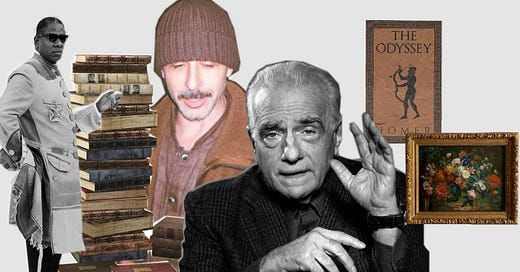


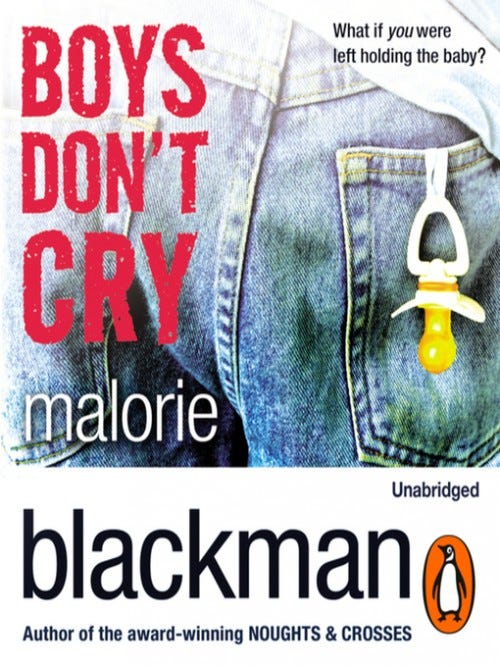

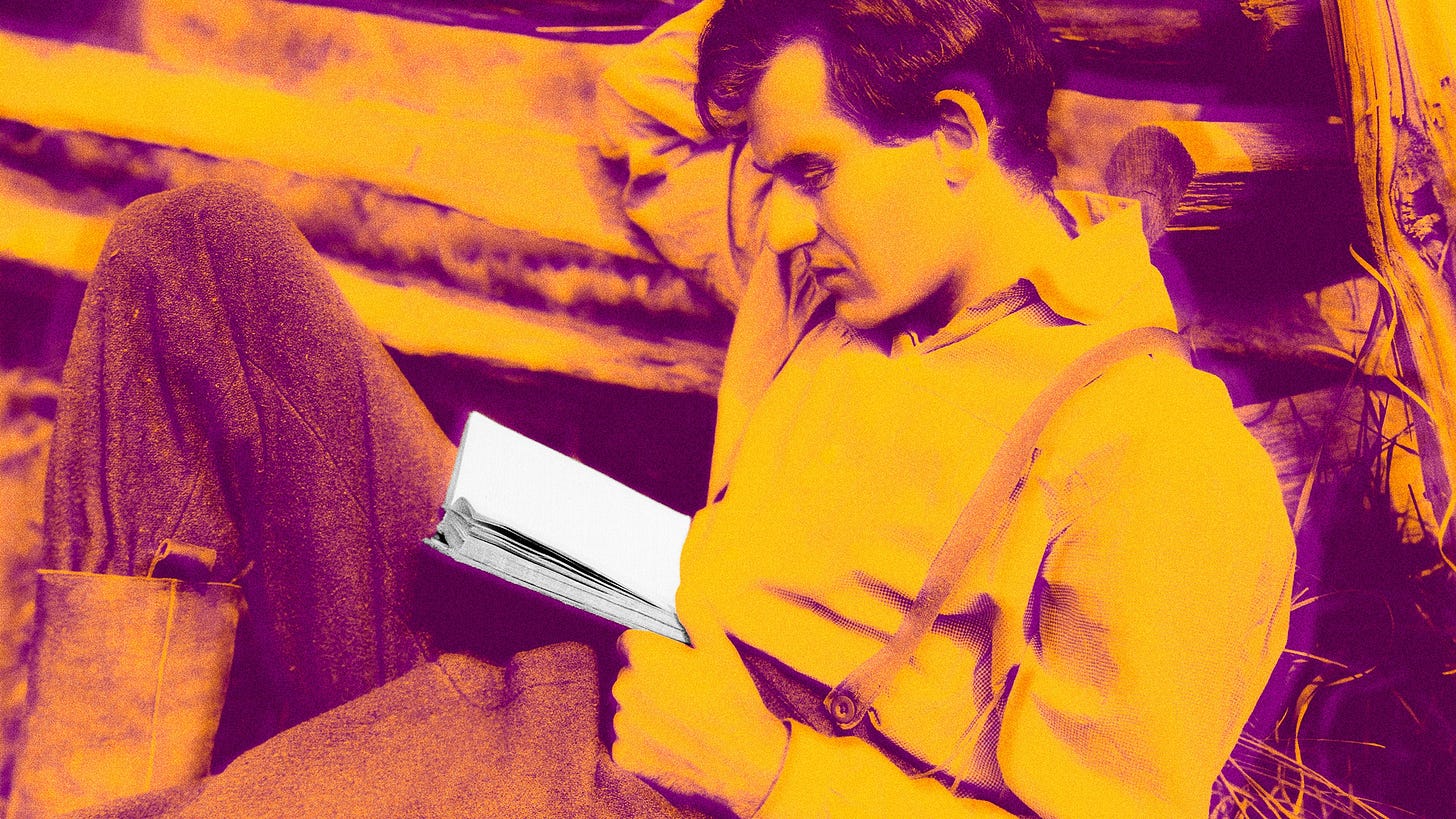
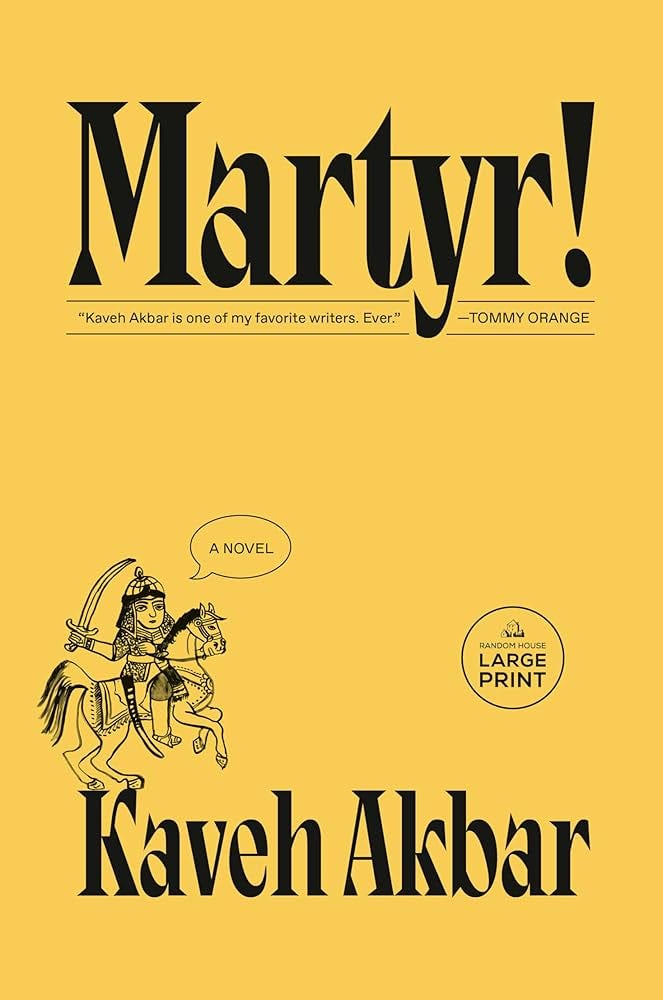
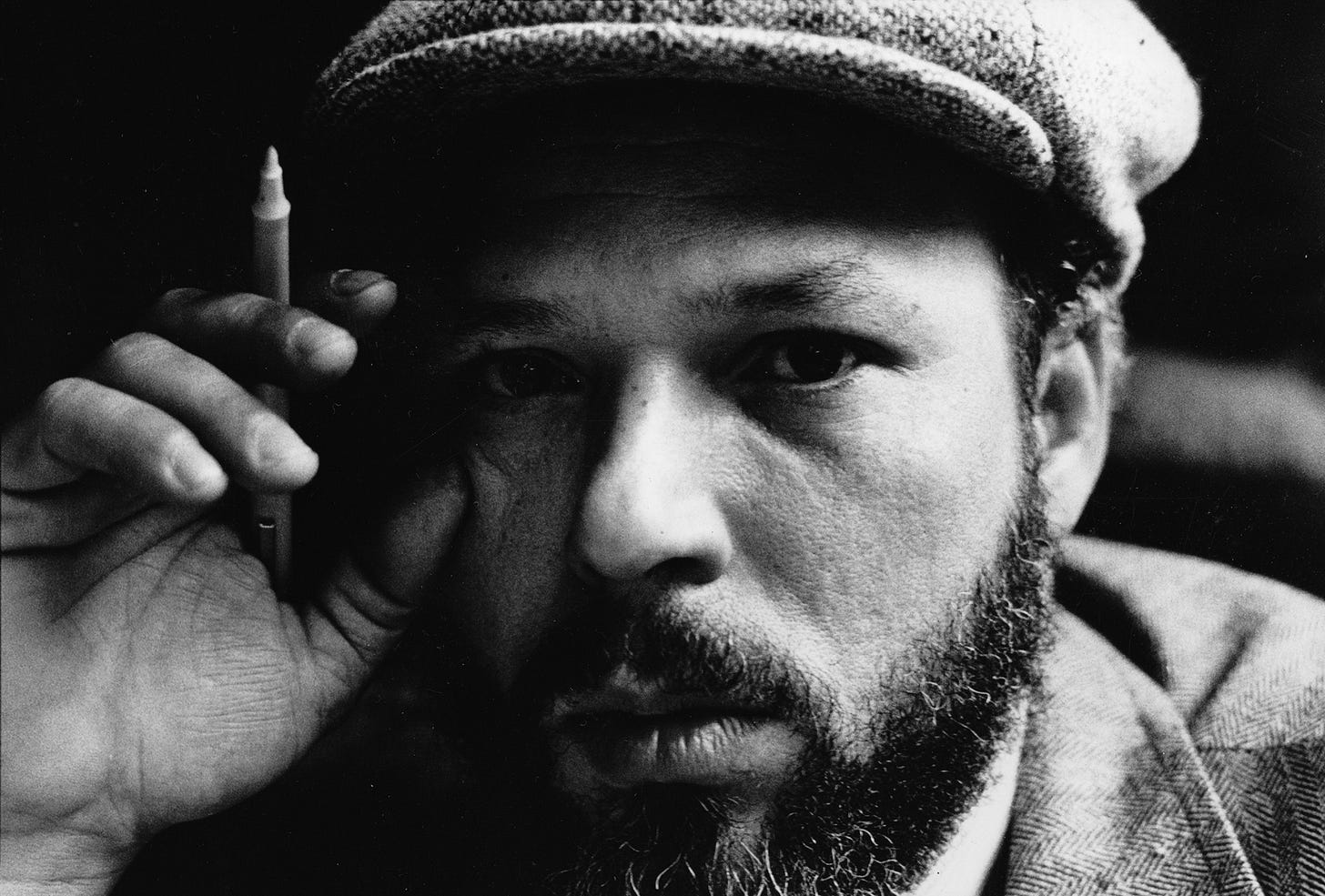
so grateful to have sparked your curiosity for writing again. that alone makes me feel full and so humbled. know that every writer starts somewhere; it'll take time for your work to sound the way you want it to, but trust yourself. rooting for you and all the beautiful art you are sure to create x
While attending the 2024 Texas Book Festival, I learned that only about 3% of books published in the US are works in translation. We really cheat ourselves of excellent literature and fresh experiences by limiting the market for translated works. The largest publisher of translated literature in the US is a small press/bookshop in Dallas called Deep Vellum. They were tabling enthusiastically at the festival. I am not associated with this press, but I admire the work they do. Even if you aren't in Texas, you can order from their online Bookshop or directly from their inventory at https://store.deepvellum.org/collections/all-inventory